A call for women’s empowerment to ensure sustainable renewable energy
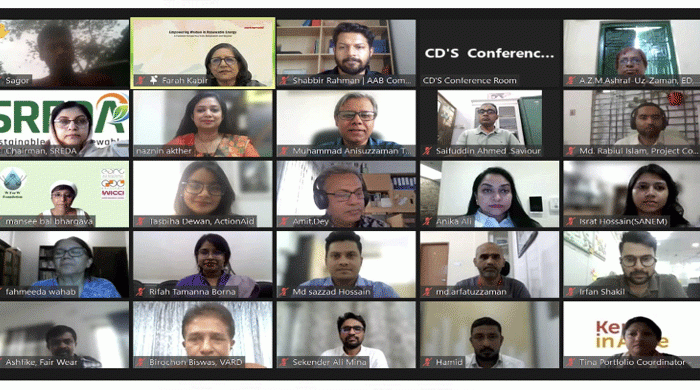
#ActionAid Bangladesh webinar
# ‘Better flexible policy ‘needed to empower women in sustainable renewable energy: Joy
Staff Reporter, Dhaka : ActionAid Bangladesh; May 08, 2024: The participation of women in the renewable energy sector has increased significantly at the global level. Although the participation of women in this sector has increased in the context of the Bangladesh, gender inequality still exists at the policy-making level, in national policies on this subject, including employment. There is no alternative to empowering women in the renewable energy sector to achieve the target set by the government to generate 40 percent of electricity from renewable sources by 2041 to ensure a sustainable energy sector.
The call was made at a webinar titled ‘Empowering Women in Renewable Energy: A Feminist Perspective from Bangladesh and Beyond’ organized by ActionAid Bangladesh on Wednesday (May 8).
Tanvir Shakil Joy, MP, president of Climate Parliament Bangladesh was present as chief guest and Munira Sultana, NDC, chairman of Sustainable and Renewable Energy Development Authority (SREDA), was present as special guest. The virtual event was attended by policymakers, development partners, climate activists, academicians, and representatives of international organizations.
At the same time, to ensure sustainable renewable energy in the country, to encourage women in STEM education and sector to establish women’s empowerment and equal rights, to provide an environment for women’s leadership at the grassroots level, to give priority to women’s skill development in the work plan, and to ensure gender equality, government policies in this regard should be made or amended.
Rifah Tamanna Borna, Associate Programme Officer, Just Energy Transition, ActionAid Bangladesh, presented the keynote paper at the webinar. She highlighted the position and investment of women in the energy sector in the national and global context, the position of women in the country’s energy policy, challenges in the renewable energy sector and sustainable energy.
In the virtual event, a panel discussion was held on the current situation, prospects, challenges, and ways to empower women through increasing women’s participation in sustainable energy sector development. Farah Kabir, country director of ActionAid Bangladesh, moderated the panel discussion. Director of RISE Muhammad Anisuzzaman Talukdar; director of SOLARIC Group Naznin Akhter; Founder and Chairman of Bright Green Energy Foundation Bipal Barua; National President of Water Resources Council of India Dr. Mansee Bal Bhargava, Chairperson of Techno Green-Carbon Limited Dr. Anika Ali, and Director of Cotton Group Mayeesha Mahmud were present as panelists.
In the panel discussion, the speakers said that gender inequality, including the view of a patriarchal society, lack of financial control, hinders women’s decision-making ability in the use of renewable energy. The participation of women in most of the relevant government policies or action plans is of little importance. Of the 22 policies on energy, renewable energy, and climate, 10 have called for the participation of women. However, the participation of women in the gender mainstreaming has not been clarified. Increasing women’s participation is an important way to ensure gender equality in this sector. Therefore, there is no alternative to ensuring gender equality in government policies, including prioritizing women in the sector, encouraging them in the STEM sector, exchanging knowledge, increasing skills, and increasing women’s participation in employment.
Since the adoption of the Paris Agreement on climate change in 2016, banks have spent $3.2 trillion on the expansion of fossil fuels, which are the main cause of climate change. But there is some relief – according to the International Energy Agency’s research, investment in non-renewable energy has decreased by 3.8 percent and investment in renewable energy has increased by 44.8 percent between 2017-2022.
Mentioning that more supportive policies are needed to increase women’s participation, Tanvir Shakil Joy, MP, President of Climate Parliament Bangladesh, said: ‘Renewable energy and climate are very much related. As climate change is very important in today’s time, renewable energy has also made a significant place in meeting the electricity deficit along with green transformation. Before 2008, the position of women in every sector was not very satisfactory. The present government has made a unique contribution to women empowerment in the last 15 years. Women have been promoted in renewable energy. However, the overall improvement was not as expected. And there’s a lot of room for improvement. There are many opportunities for government support. Better flexible policies are needed to increase women’s participation.’
Calling for increasing support for women in sustainable development, he said that the government as well as non-government organizations, development agencies need to work together so that women get support from the marginalized level. He said, ‘We must ensure sustainable renewable energy along with women. Women are leaders in many fields. I think women will also take the lead in renewable energy.’
In the last 15 years, the capacity of electricity generation in the country has increased significantly. According to the government’s power cell, there were 27 power plants in 2009, which increased to 145 in 2024, and from 4,942 MW, the power capacity has now increased to 30,277 MW. The government aims to generate 40 percent of electricity from renewable sources by 2041. The capacity in this sector has increased from 230 to 689 MW during this period.
Speaking as the special guest, Sustainable and Renewable Energy Development Authority (Sreda) Chairman Munira Sultana, NDC, said: “Bangladesh is still lagging behind in this sector compared to the global level. From the agricultural system to many places, the work is not being done due to lack of electricity. The government has been focusing on this. There are many challenges to women’s empowerment. We need a change in the education system. Women are not showing much interest in education. There needs to be a balance between education and green jobs. There is no difference at the political level. We are all part of many communities. Everyone should follow this rule. Women face challenges in accessing resources. There’s work to do here. ‘
The participation of women in the renewable energy sector has increased significantly at the global level. According to a recent study by the World Economic Forum, women’s employment in the renewable energy sector is 32 percent. More than 10 crore women are working in this sector. The employment rate for women in Bangladesh is very low. The employment rate of women in this sector in the country is only 10 percent.
Farah Kabir, Country Director of ActionAid Bangladesh, said: ‘Women’s participation in renewable energy needs to be prioritized. While the global female employment rate in this sector is 32 percent, the rate in Bangladesh is 10 percent. It’s relatively low. Priority should be given to women in this sector. Women need to be encouraged in STEM education, skill development and increased employment opportunities. Also, networks need to be created to increase the inclusion of women in this sector. Governments, non-governmental organizations, academia, and development agencies must work together to empower women in this sector from the local level to the national level. We must remember – we cannot think of society without women. No change is possible without women.’
More than 150 people, including development partners, climate activists, academics, and representatives of international organizations, participated in the event.



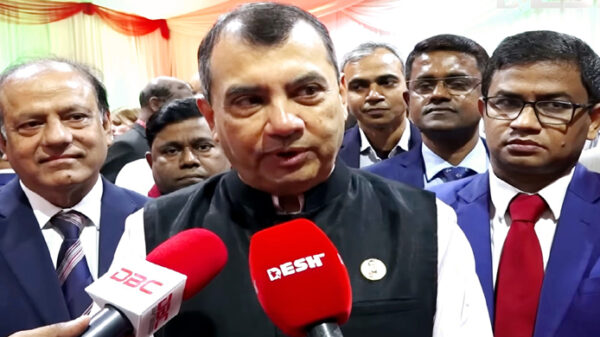









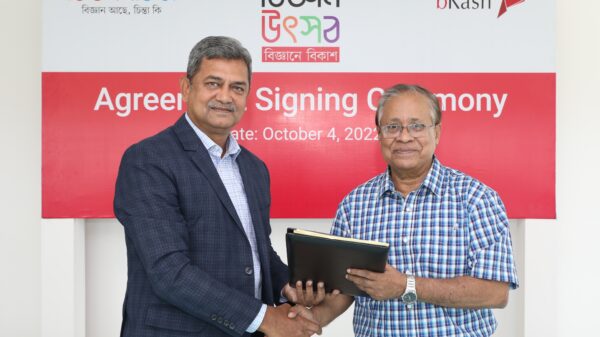
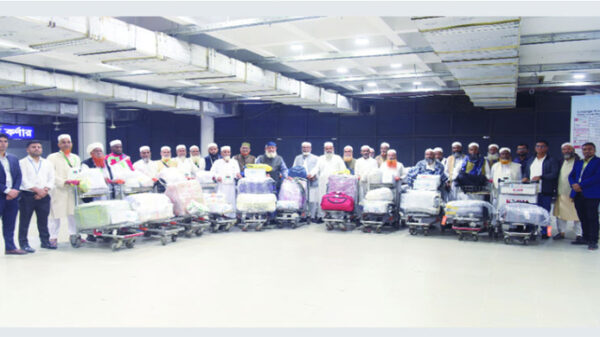


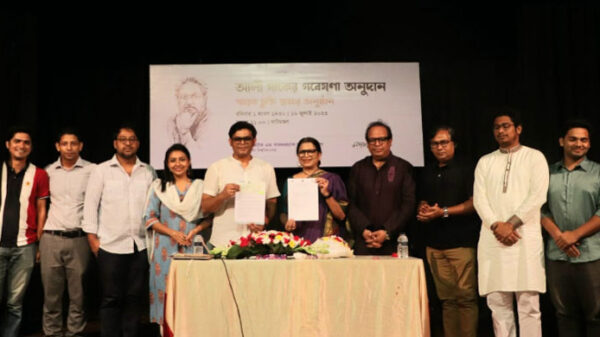
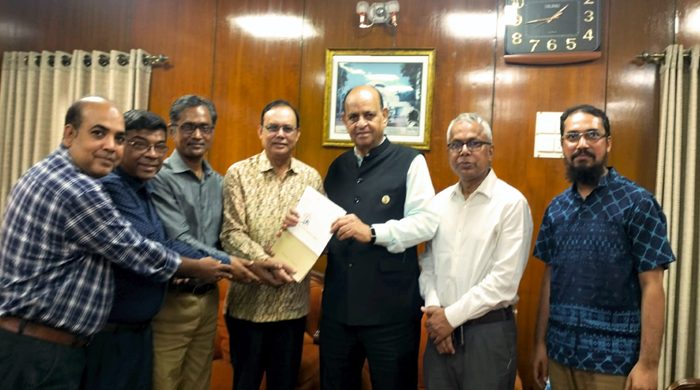

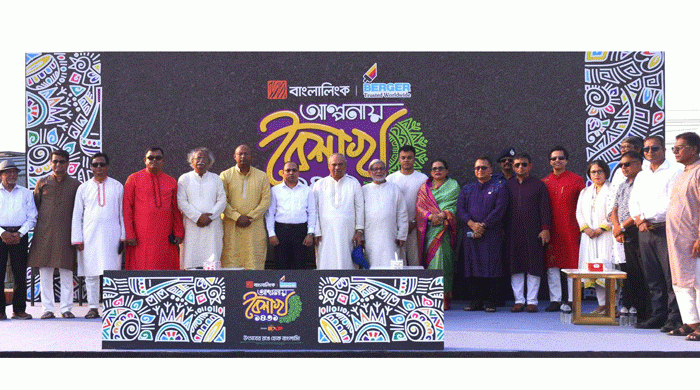
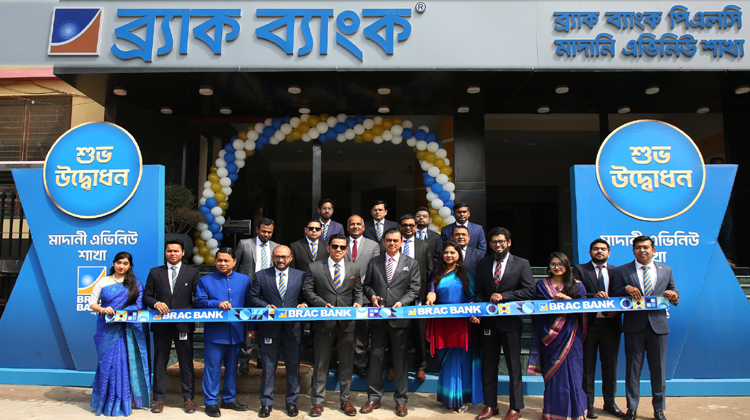
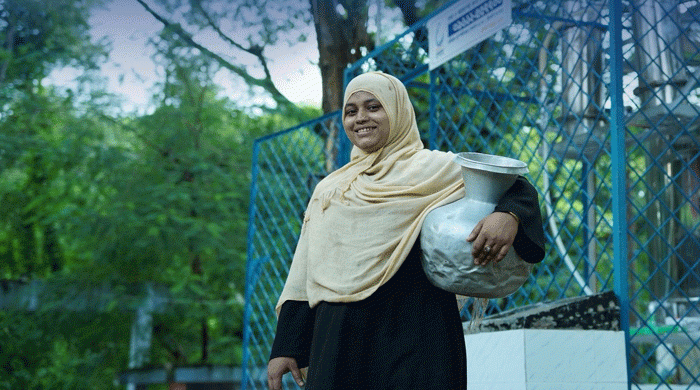
 Chief Editor :
Md. Shohel Rana
Chief Editor :
Md. Shohel Rana